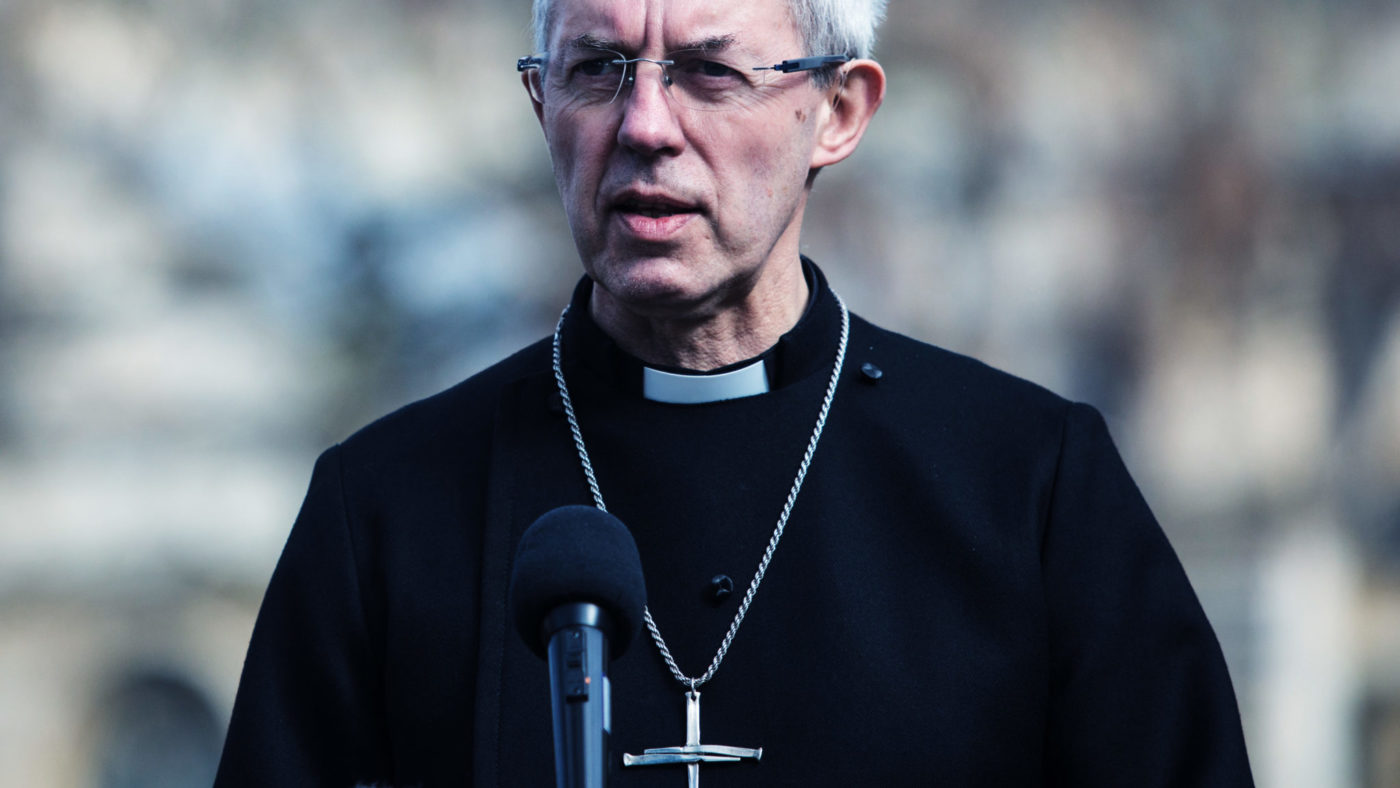Today marks an ignominious anniversary. It is ten years since Lehman Brothers filed for bankruptcy, precipitating chaos on global financial markets and a decade of economic and social upheaval.
Ten years on, those of us who defend economic liberty are still on the back foot. Financial services, in particular have a serious image problem. As pollster Matt Singh noted this week on CapX, the British public remain overwhelmingly hostile to bankers – a view that cuts across age groups, party lines and the Remain/Leave divide.
And that should come as little surprise. The Institute for Fiscal Studies painted a gloomy picture this week of an “astonishing decade” of falling or stagnant wages: by some measures, the worst since the Napoleonic era.
For many young adults the story of market capitalism is one of slow growth, spending cuts and swelling debt.
On to this fertile terrain strides Labour’s shadow chancellor, John McDonnell. This self-proclaimed Marxist is an altogether cannier operator than his nominal boss, Jeremy Corbyn – and arguably a greater danger to prosperity.
In the world of McDonnell and his union comrades, the market is a zero sum game of bosses versus workers. Accordingly, his speech to this week’s Trades Union Congress was a vision of ever more state control dressed up as “protection” for workers. More unionisation, more regulation, and a less flexible labour market.
As Ben Ramanauskas set out earlier this week, these proposals are a recipe not for prosperity, but for job losses and higher prices. That’s without mentioning the brazen falsehood of McDonnell’s claim that “more of our national income is actually going to shareholders than it is to workers themselves”.
Yet we saw the same “us vs them” mentality in the warning from TUC general secretary Frances O’Grady that “those at the top” should not be able to “grab” the gains of technology – as if computing, mobile phones or the internet were the preserve of the super-rich.
As the avowedly pro-market Harvard economics professor, Edward Glaeser, recently argued, making the case for capitalism is not just about debunking the left’s (many) factual errors. As he puts it, “the problem is spiritual”.
It was appropriate then, that the Archbishop of Canterbury should enter the fray this week, with his own speech at the TUC. There was something jarring about watching Etonian former oil executive Justin Welby railing against Amazon’s tax practices and telling trade unionists that the gig economy is the “reincarnation of an ancient evil”. Never mind that most workers on zero- hour contracts are happy with their situation.
It should worry us all that Welby feels that laying into big business is the best way to make the Church of England seem relevant to our national life. It presents a conundrum, too, for advocates of the free market.
The case for popular capitalism is about markets helping improve the lives of us all, not just as employees, but as consumers. That means not simply shilling for successful multinationals, important though they are.
It means pointing out that enterprise runs through the core of the entire economy – not least through millions of heroic small businesses and entrepreneurs sweating blood to innovate, provide services and, yes, make a profit.
If that spirited case can be made – and acted upon – we can all look forward to a better ten years ahead.


